Madam Colleta: Caring for the future of the community
One of the greatest comforts to a working mother is knowing that your child is safe and happy while you are away. No matter which corner of the globe you’re in, there is a constant need for affordable and reliable childcare. For Wildlife Works staff members in Rukinga, the free on-site preschool has been a blessing. Madam Colleta leads the team of 2 dedicated teachers who spend their days entertaining and educating 21 children aged 2-5 .
Madam Colleta has been with the Wildlife Works preschool since it opened in January, 2012. The widowed mother of three spends her days teaching and feeding young children, while simultaneously providing for her own family in Maugnu, the nearest town adjacent to Wildlife Works. The work schedule is ideal, she says, as it leaves her with enough time to cook and care for her own children once she gets home.
Madam Colleta also heads the allocation of Wildlife Works-sponsored scholarships in the Rukinga area. She is honored to be providing a helping hand that allows children from poor backgrounds to continue with their education.
The future looks bright as Madam Colleta contributes to the health, happiness and prosperity of Wildlife Works’ community! So here’s to Madam Colleta, for her dedicated work improving the lives of Rukinga’s children!
* * * * * * * * *
Wildlife Works is the world’s leading REDD+ (Reducing Emissions from Deforestation and Degradation), project development and management company with an effective approach to applying innovative market based solutions to the conservation of biodiversity. REDD+ was originated by the United Nations (UN) to help stop the destruction of the world’s forests.
Over a 15 year history Wildlife Works established a successful model that uses the emerging marketplace for REDD+ Carbon Offsets to protect threatened forests, wildlife, and communities.
The company helps local landowners in the developing world monetize their forest and biodiversity assets whether they are governments, communities, ownership groups, or private individuals.

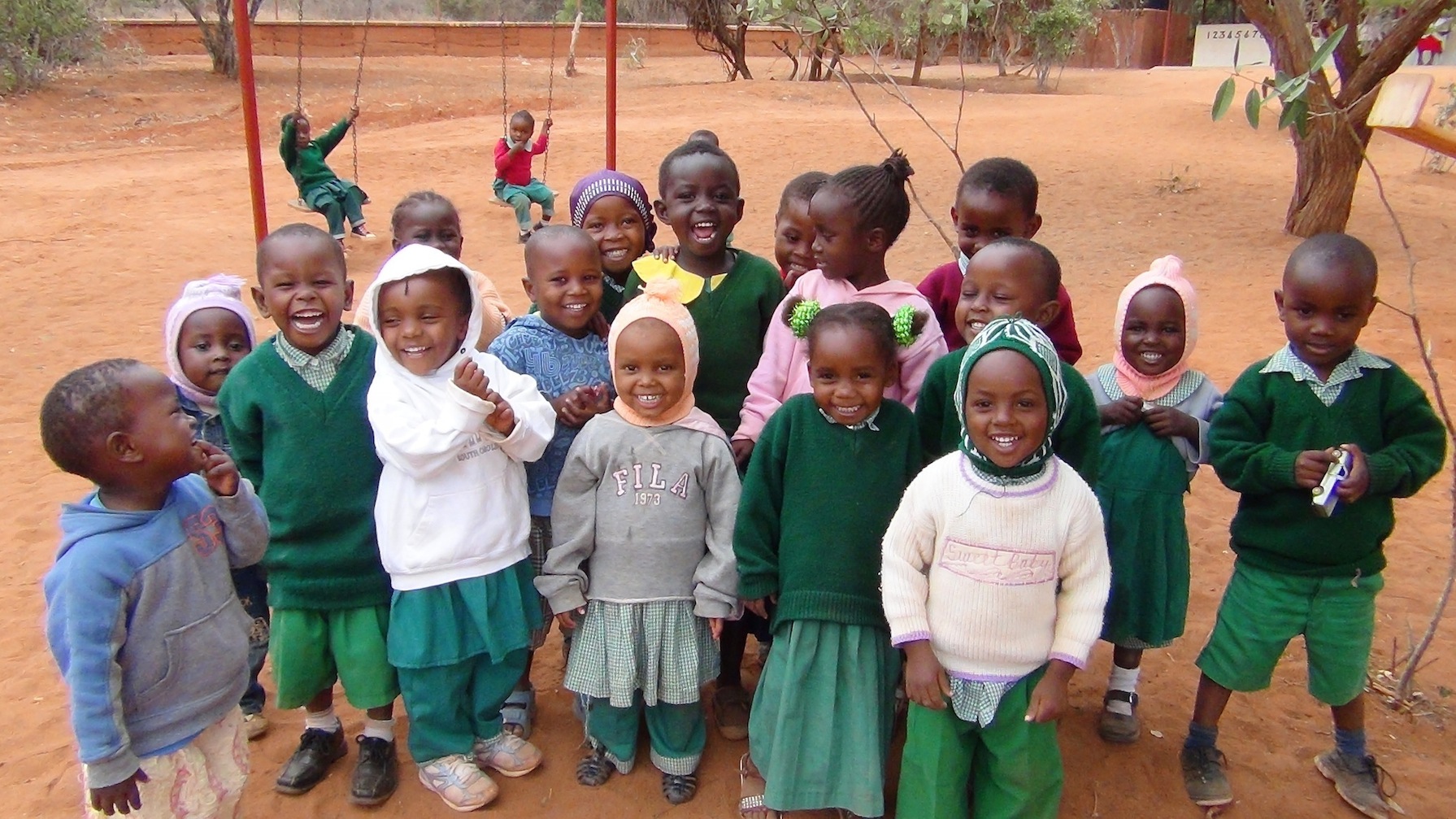
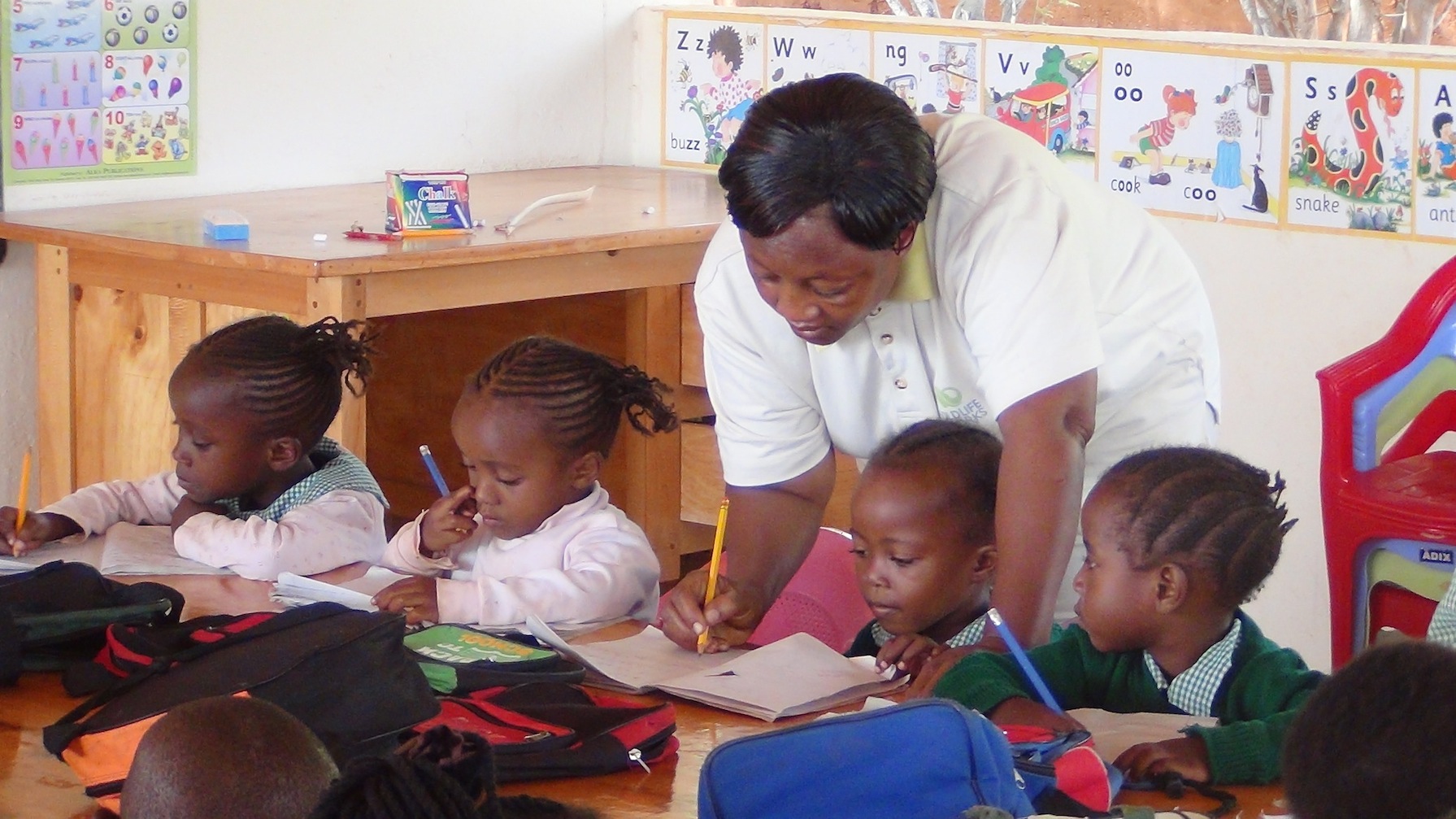
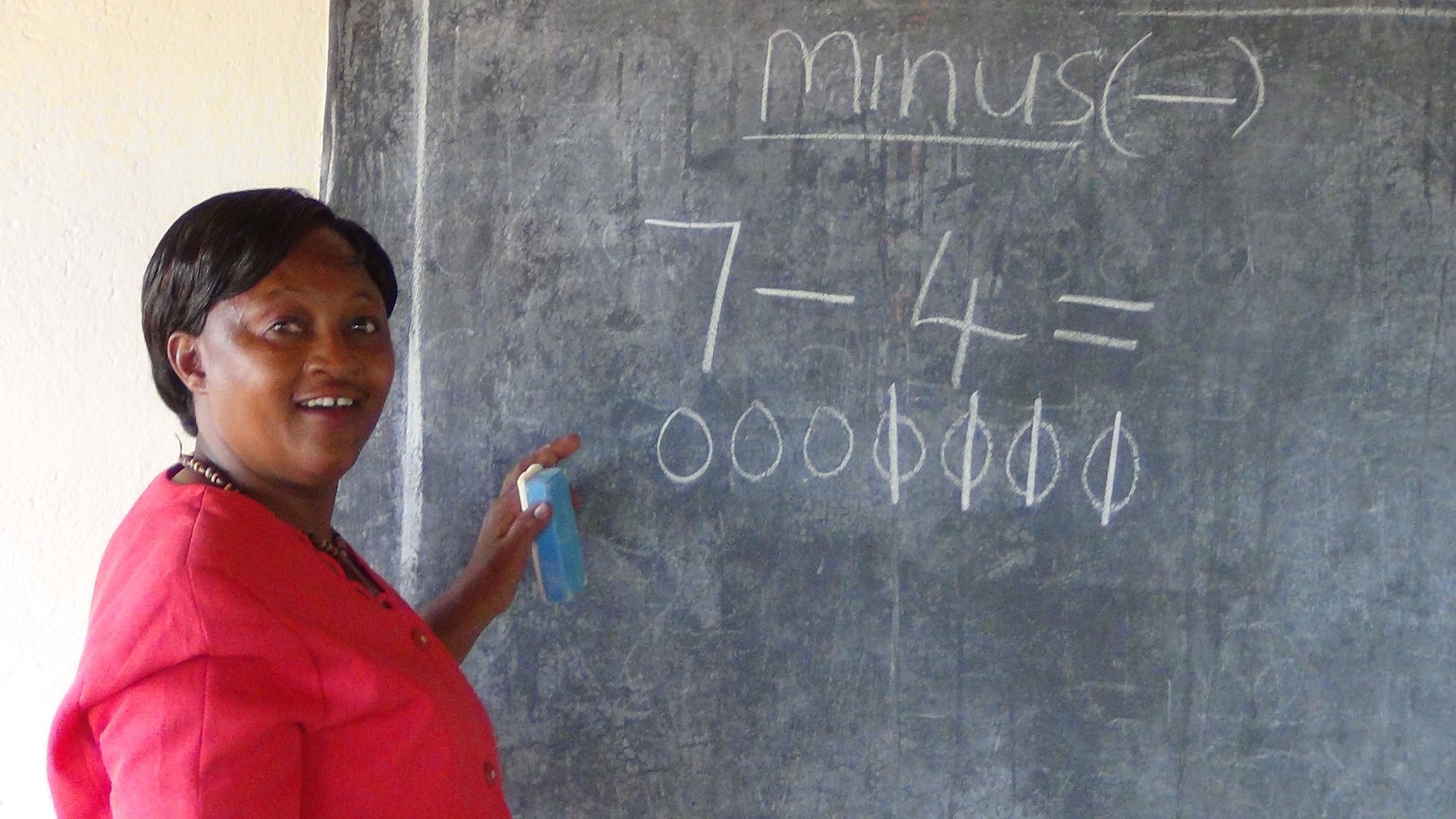
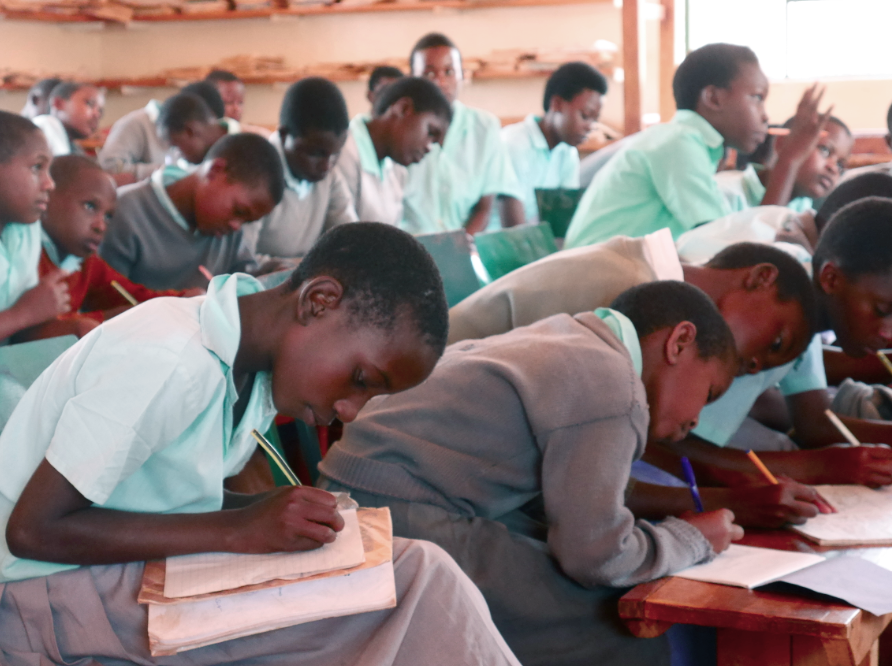

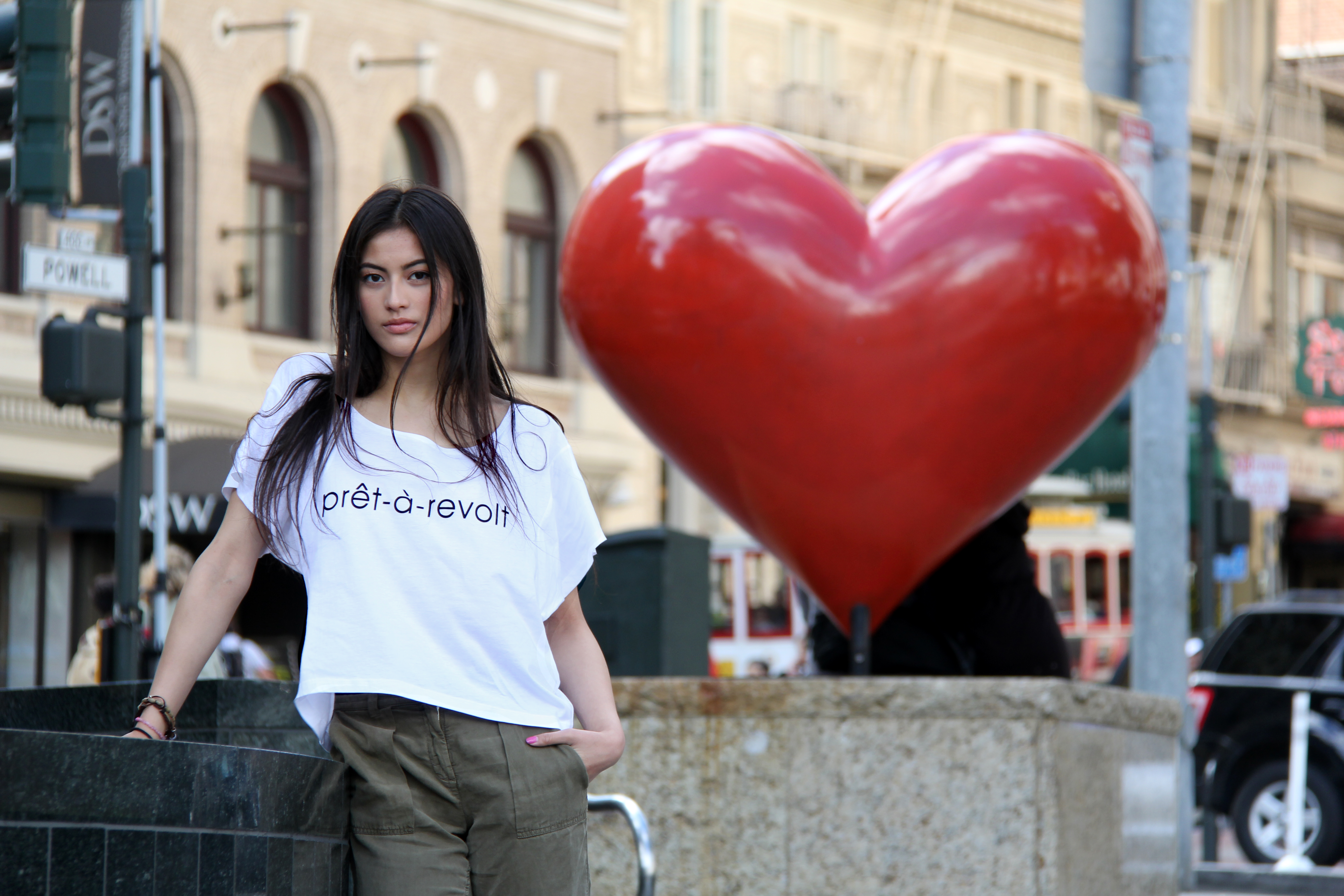
One Comment
Pingback: